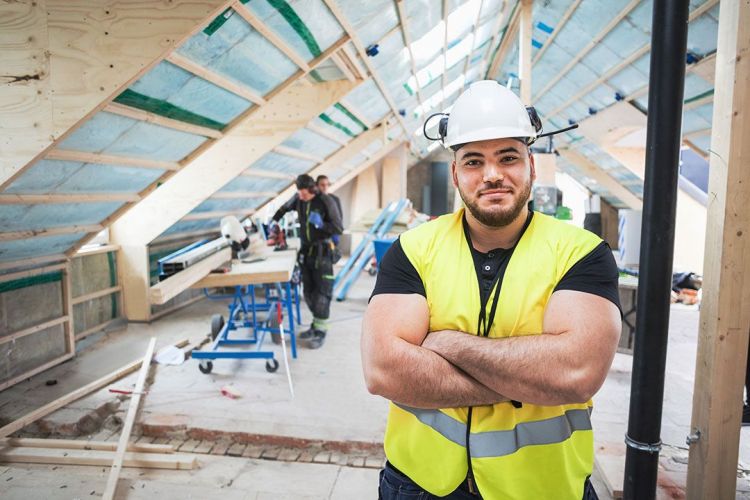Immigration is not to blame for unaffordable housing
This is grim news for the millions struggling to afford a place to live, particularly low paid workers who are likely to now face further rent increases. Already half a million low paid workers have to borrow money to pay rent.
While some have pointed the finger at immigration as the cause of housing price increases, even a passing look at the issue shows this argument doesn’t hold water. Solving the housing crisis won’t be done by restricting immigration but by increasing investment in genuinely affordable housing and social housing, jobs and training in the construction sector so we have enough workers to build the housing we need.
What’s really making house prices go up?
- Increased demand by wealthy investors
One of the key reasons for housing price rises is multinational and UK based investors buying up property at prices that are completely unaffordable to the local population.
The vast majority of migrants in the UK aren’t involved in this at all. Most migrants don’t earn anything like the kind of five and six figure salaries you would need to be able to buy property in London as well as other cities. Migrants are in fact disproportionately likely to work in low paid jobs, particularly those from central and Eastern Europe.
As John Perry pointed out in The Times this week, there is no correlation between the number of migrants in an area and house price rises. House prices shot up by 78 per cent in Northern Ireland in just two years, for example, yet it is the part of the UK with the smallest proportion of people born abroad.
- Not enough affordable housing
The UK has a serious lack of genuinely affordable homes and social housing.
Current government plans to increase the housing stock by 120,000- 150,000 by 2020 are inadequate.
We urgently need the government to launch a massive social housing programme - both local authority and housing association homes. This should involve targets to incentivise local authorities to borrow to build, with loans paid back through the revenue stream generated by rents.
In areas of fast population growth, housing problems are more acute, made worse by rogue landlords who exploit tenants, including migrants, by putting them in overcrowded and sometimes unsafe accommodation.
Contrary to what some may claim, there is no evidence that recent migrants are more likely to live in social housing. In fact, the Centre for Economic Performance (2010) estimates that migrants are 5% less likely than those born in the UK to be in social housing.
The government already has money to invest in housebuilding at its fingertips – and it’s being provided by migrant workers themselves. Migrants contribute taxes through their earning and consumption. The TUC is calling for a Migration Impacts Fund (MIF) to be created that would direct the money migrants contribute in taxes towards areas of investment such as housebuilding, particularly in areas where the population has grown fastest.
The TUC is also calling for MIF money to be used by local councils to re-employ inspectors to ensure that all rented properties meet legal standards, and adopt an active enforcement policy against rogue landlords.

- Not enough investment in training in construction
Migrant workers play an important role in the UK’s construction industry, as they always have done, particularly in cities like London where half the construction workforce are non-UK nationals. But we still don’t have enough workers to build the housing that’s needed.
A major reason we don’t have enough construction workers is because there hasn’t been enough investment in training. TUC analysis shows that there has been no significant increase in construction employer investment in training in the last 7 years despite 35% of jobs lying vacant.
To provide the housing we need both employers and government need to significantly boost investment in training in construction - migration must not be used as a substitute for training. This training must lead to decent jobs so that workers stay and develop their careers in the construction sector. Employers should enter into collective agreements with unions to guarantee decent pay and conditions for all workers. This also prevents migrants being used to undercut other workers.
Addressing the housing crisis requires action and investment by the government and employers in construction, not more scapegoating of migrants who are struggling as much as UK citizens are to afford a roof over their heads.
Stay Updated
Want to hear about our latest news and blogs?
Sign up now to get it straight to your inbox


